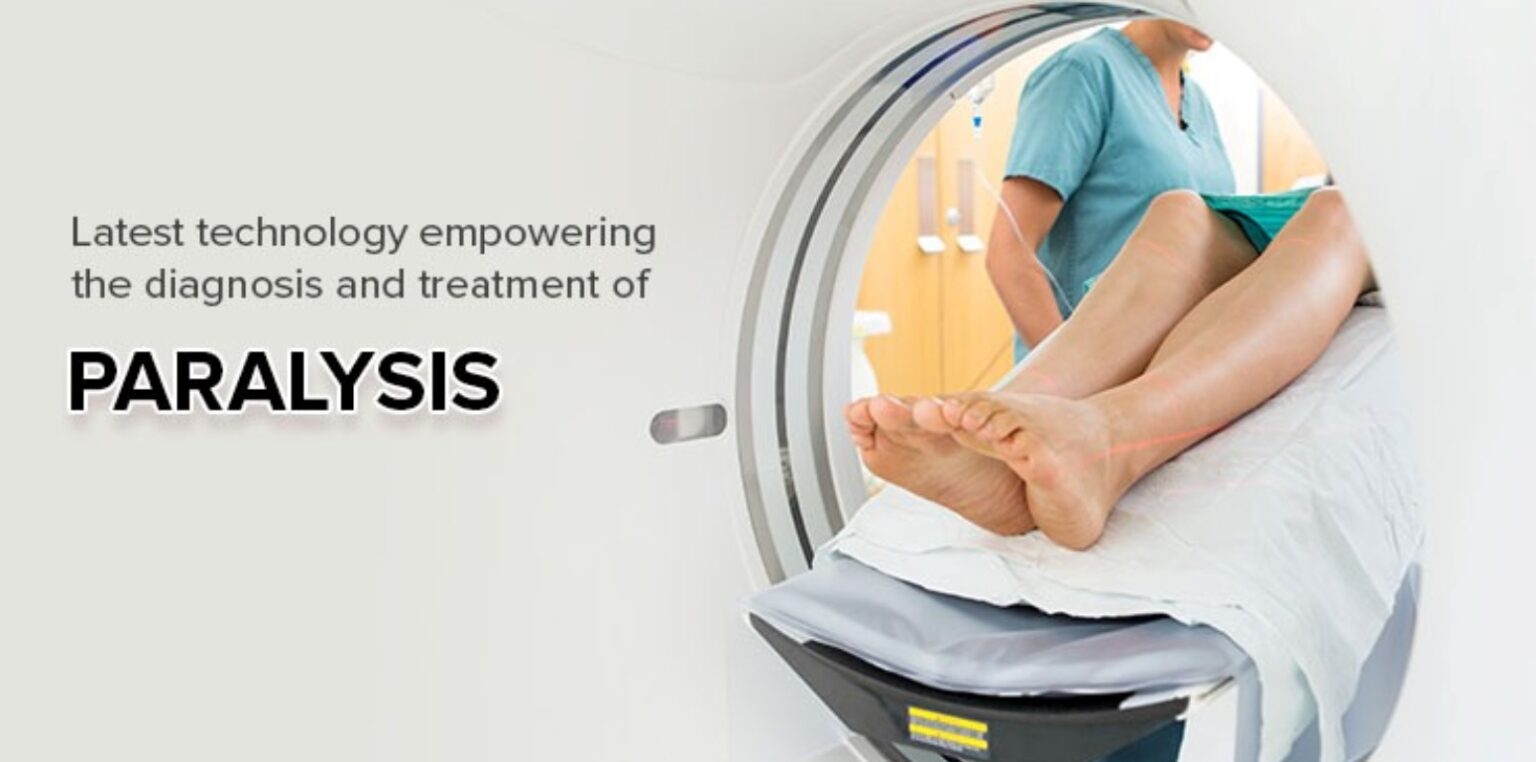Paralysis is a physically and mentally destroying condition which affects millions of people globally. It is a difficult condition for a person who is suffering from paralysis and their family too. Paralysis can affect any part of your body at any age.
An individual who is paralysed loses their ability to move either just one part of their body or entire body. It brings a lot of stress to patients and caregivers as they lose the ability to do day to day work and impact the entire family with emotional and financial pressure.
Typically paralysis is caused by nerve damage. It may occur due to various factors like spinal cord injury, strokes, nerve disorders or trauma alcohol detox in ma.
Ganesh diagnostic centre committed to unravelling medical mysteries, they shed the light on paralysis, its diagnostic journey and this gives hope through advancement in the medical field.
Understand the Paralysis
Paralysis is a loss of muscle function in any part of the human body. Paralysis may occur due to many reasons. It can be localised or generalised, partial or complete paralysis and temporary or permanent. A treatment of paralysis depends on the cause of the paralysis.
Paralysis can be diagnosed easily by looking at physical signs and symptoms. Certain types of paralysis are hard to identify; they need further evaluation and diagnostic tests to determine the cause of paralysis for better understanding and treatment planning. Doctors may prescribe you X-Rays, CT scan, MRI or other advanced imaging tests to diagnose accurately.
Common Causes of Paralysis
- Brain Related Disorders: stroke, brain injuries, tumour or neurodegenerative disease.
- Spinal Cord Injuries: trauma or degenerative disease
- Nerve Damage or Neuropathy: due to injury, disease or conditions like diabetes
- Autoimmune Issues: Guillain-barre syndrome, sclerosis and various syndromes
First Crucial Step is Diagnosis in Paralysis
Accurate diagnosis serves as the cornerstone for tailored treatment plans. At Ganesh diagnostic centre, a comprehensive approach is adopted to diagnose paralysis. This includes CT and MRI to visualise the brain and spinal cord abnormalities. There are other tests also other radiology that help in detection of disease more accurately like EMG and NCV. Electromyography (EMG) is a neuro electrophysiological test that examines the muscles and nerve function. Nerve conduction studies to detect nerve damage. Diagnosis of paralysis is a multi directional approach. Doctors may need to evaluate the blood test and X-rays may reveal bone or joint disease.
Light the Path of Detecting Paralysis With CT and MRI
Paralysis presents a complex challenge, but thorough examination in top-class diagnostic centres is important. Ganesh Diagnostic offers 128-slice CT scan in delhi and 3 Tesla MRI Scan in delhi at reasonable price.
Treatment of paralysis depends on the type and affected area. Physiotherapy to maintain strength and muscle mass, occupational therapy, medicines to treat the stiffness and pain.
Rehabilitative therapy and surgical treatment. Over time patients adapt to live with paralysis while some kinds of paralysis need lifelong help from others.
